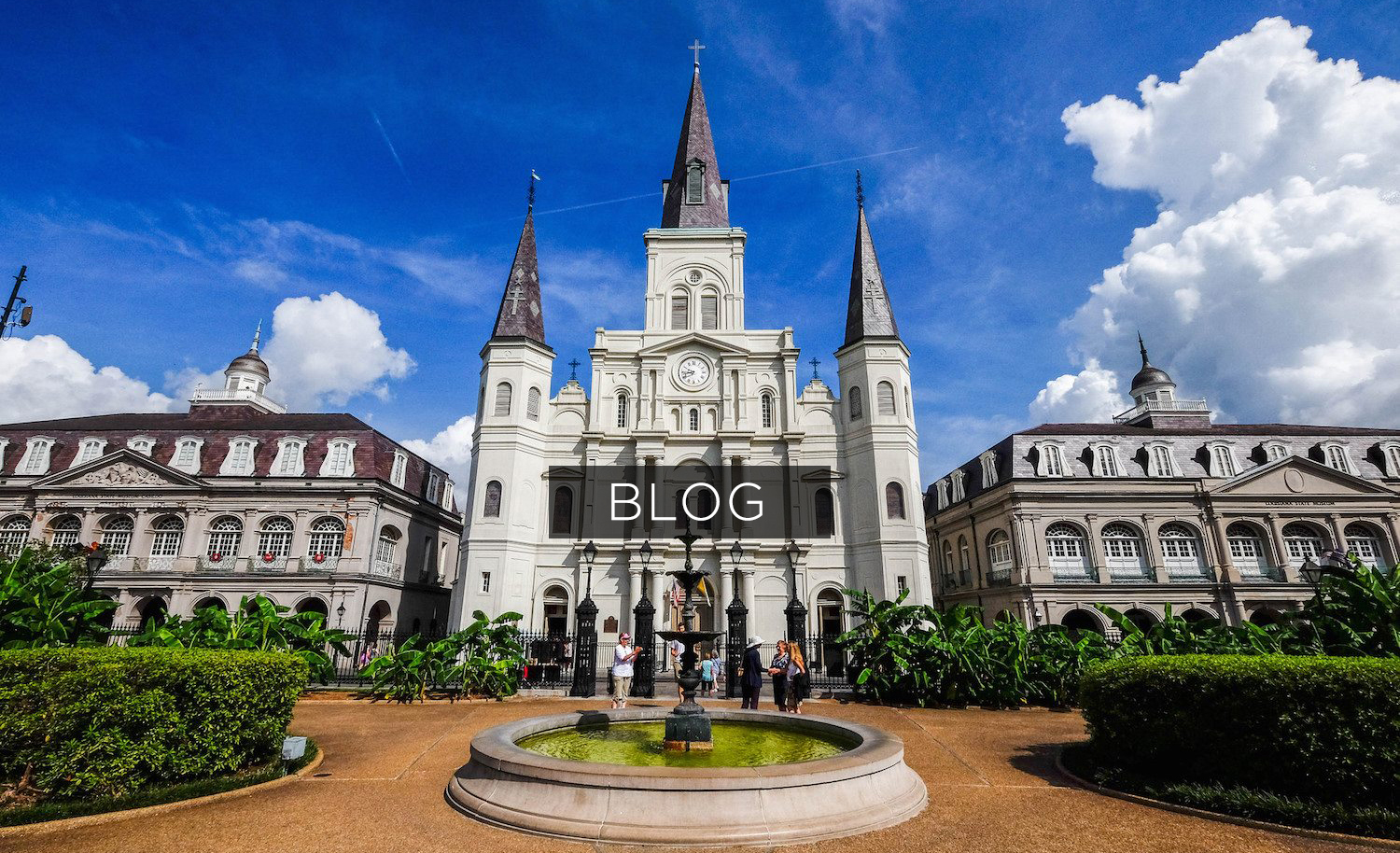Celebrating the Birthday of Boozoo Chavis
John Dunlop
Zydeco pioneer Wilson Anthony "Boozoo" Chavis was born on October 23, 1930, near Lake Charles, Louisiana, in a Cajun Creole settlement called Pied des Chiens (Dog Hill). Chavis was an accordion player, singer, songwriter and bandleader who began playing accordion in his youth, having been was exposed to his father, uncles and cousins who all played. He was nicknamed "Boozoo" in his childhood, although the name’s origin is unknown. As a teenager, Chavis bought a button accordion and began performing regularly at a dance club that his mother opened, often sitting in on performances with Clifton Chenier, as well as playing at house dances on weekends and evenings.As well as developing the playing style that came to be known as zydeco, Chavis worked as a farmer, jockey, and horse trainer. Chavis earned the nickname "The Creole Cowboy" because of his background raising horses, as well as the white Stetson hat he wore during performances.
In 1954, Chavis’ first recording, "Paper in My Shoe," sung in both French and English, was the first commercially released zydeco song and the first zydeco hit, and subsequently became a zydeco standard. Chavis was convinced that the recording was more successful than the record companies claimed, so he lost trust in the music business, and over the next thirty years only released three more singles. He performed rarely during the 1960s and 1970s, devoting most of his time to raising racehorses and farming on his property in Dog Hill.
In the early 1980s, zydeco was gaining recognition outside of Louisiana in the United States, as well developing as a strong following in Europe, thanks largely to the popularity of artists such as Clifton Chenier, Buckwheat Zydeco, and Rockin' Dopsie. Chavis returned to performing music regularly in 1984 after discovering that another musician was impersonating him. He signed a five-year contract with the Maison de Soul label, and released a locally successful single, "Dog Hill" and four albums: Louisiana Zydeco Music (1986), Boozoo Zydeco! (1987), Zydeco Homebrew (1989), and Zydeco Trail Ride (1990).In 1989, Chavis founded the "Labor Day Dog Hill Festival" as a fan appreciation party, and to showcase zydeco musicians and also keep the zydeco tradition alive. During the 1990’s, many of his songs also appeared on compilation albums featuring many of the most well-known zydeco performers.
During the 1990s, Chavis performed widely with his band, the Magic Sounds, and was crowned "The King of Zydeco" in New Orleans in 1993, after Clifton Chenier's death. He was a prolific writer of zydeco songs, some including references to his friends and acquaintances and others too raunchy to be sold openly. The release of X-rated versions of his songs "Uncle Bud" and "Deacon Jones" on his 1999 album Who Stole My Monkey? resulted in a parental advisory sticker, the first for a zydeco recording. In 1998, Chavis was inducted into the Zydeco Hall of Fame, and in 2001, he was awarded a National Heritage Fellowship by the National Endowment for the Arts, which is the highest honor in the folk and traditional arts in the United States.
Sadly, Chavis died on May 5, 2001, from complications resulting from a heart attack, just one week after a performance in Texas. His legacy lives on in his zydeco music festival, and the numerous musicians whom he influenced.
Photo: David Simpson





